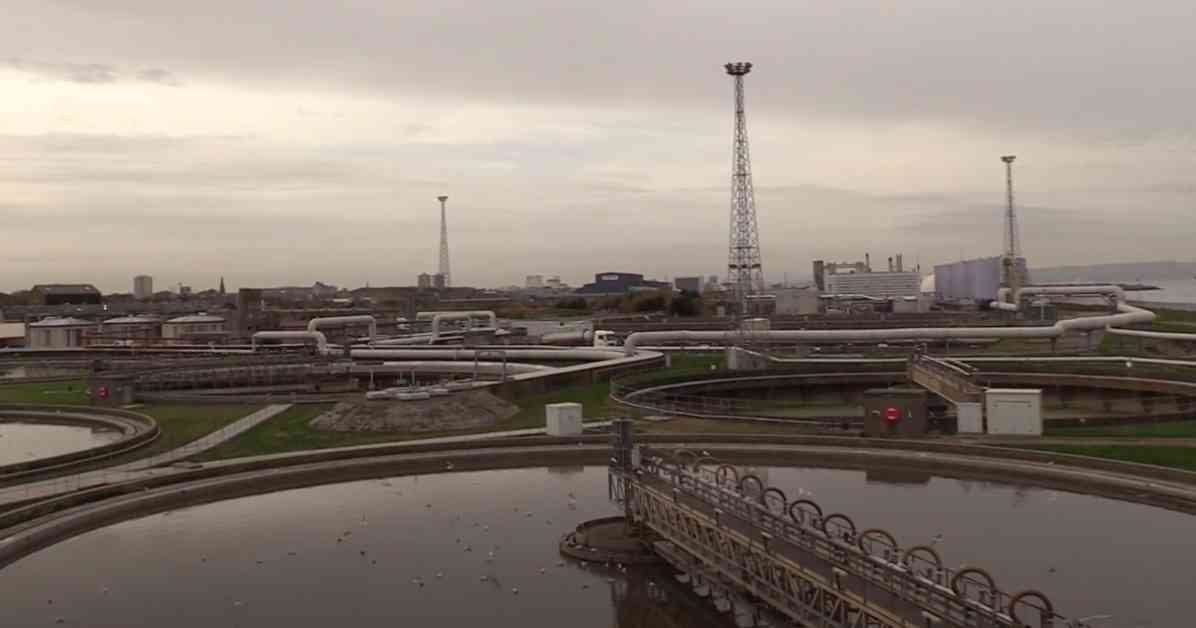Scotland’s biggest sewage plant, Seafield Wastewater Treatment Works, has been a long-standing source of frustration for locals due to unpleasant odors. However, recent figures from the city council show a significant decrease in odor complaints, indicating that efforts by Scottish Water to address the issue have been effective.
In 2019, the council received over 400 complaints about the plant’s smell, which has since dropped to 130 in 2022 and fewer than 40 so far this year. A report attributes this improvement to various factors, such as improved management of storm tanks and primary settlement tank levels on site, as well as a greater emphasis on odor control during maintenance activities.
One interesting detail highlighted in the report is that in 2022, 30 percent of all complaints came from just one individual. This suggests that while the overall number of complaints has decreased, there are still specific cases that need to be addressed.
Scottish Water has announced a £10 million investment in Seafield Wastewater Treatment Works, with construction expected to begin at the end of 2024 and completion by 2027. The goal of this investment is to remove pinch points in the processes at the site and minimize the buildup of odorous materials in uncovered areas. Incremental improvements should be noticeable by 2025.
Despite these positive developments, concerns have been raised by the Leith Links Community Council about potential disruptions during the construction phase of the project. While the long-term benefits are acknowledged, there is a possibility of more odor incidents next year as the work may disrupt the normal operation of the plant.
Looking ahead, a new £100 million replacement sewage plant in Seafield is set to commence in 2029. This project is expected to further reduce odor disturbances and improve the overall environmental impact of the facility.
Seafield Wastewater Treatment Works is a crucial facility that processes 300 million liters of wastewater daily, serving nearly one million residents in Edinburgh and the Lothians. The efforts to address odor issues at the plant are important not only for improving the quality of life for local residents but also for ensuring the sustainability and efficiency of wastewater treatment processes in the region.













